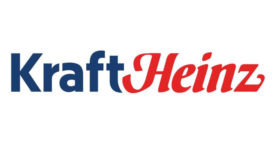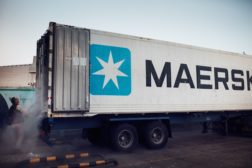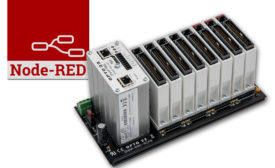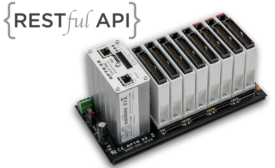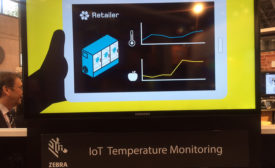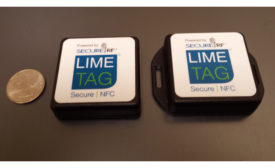Home » Keywords: » IoT
Items Tagged with 'IoT'
ARTICLES
How IoT solutions better manage complex supply chains
These new IoT- and cloud-based solutions are in position to help shape the future of today’s—and tomorrow’s—supply chains.
January 10, 2017
How the Internet of Things can radically change supply chains of the future
As devices are embedded with technology that can communicate and interact with other devices, supply chains will also be impacted.
December 27, 2016
Elevate your expertise in refrigerated and frozen foods with unparalleled insights and connections.
Get the latest industry updates tailored your way.
JOIN TODAY!Copyright ©2025. All Rights Reserved BNP Media.
Design, CMS, Hosting & Web Development :: ePublishing
